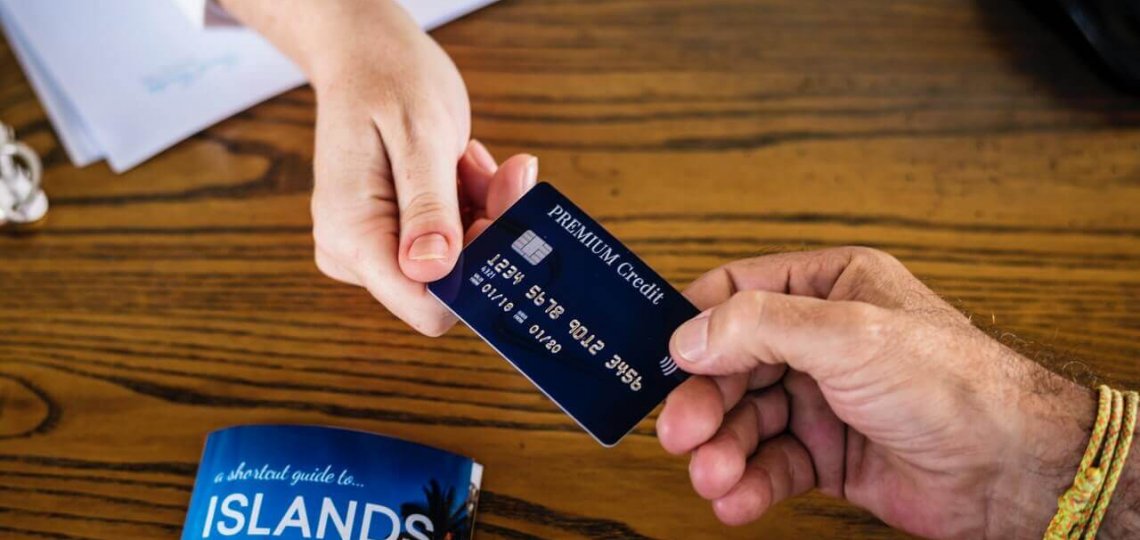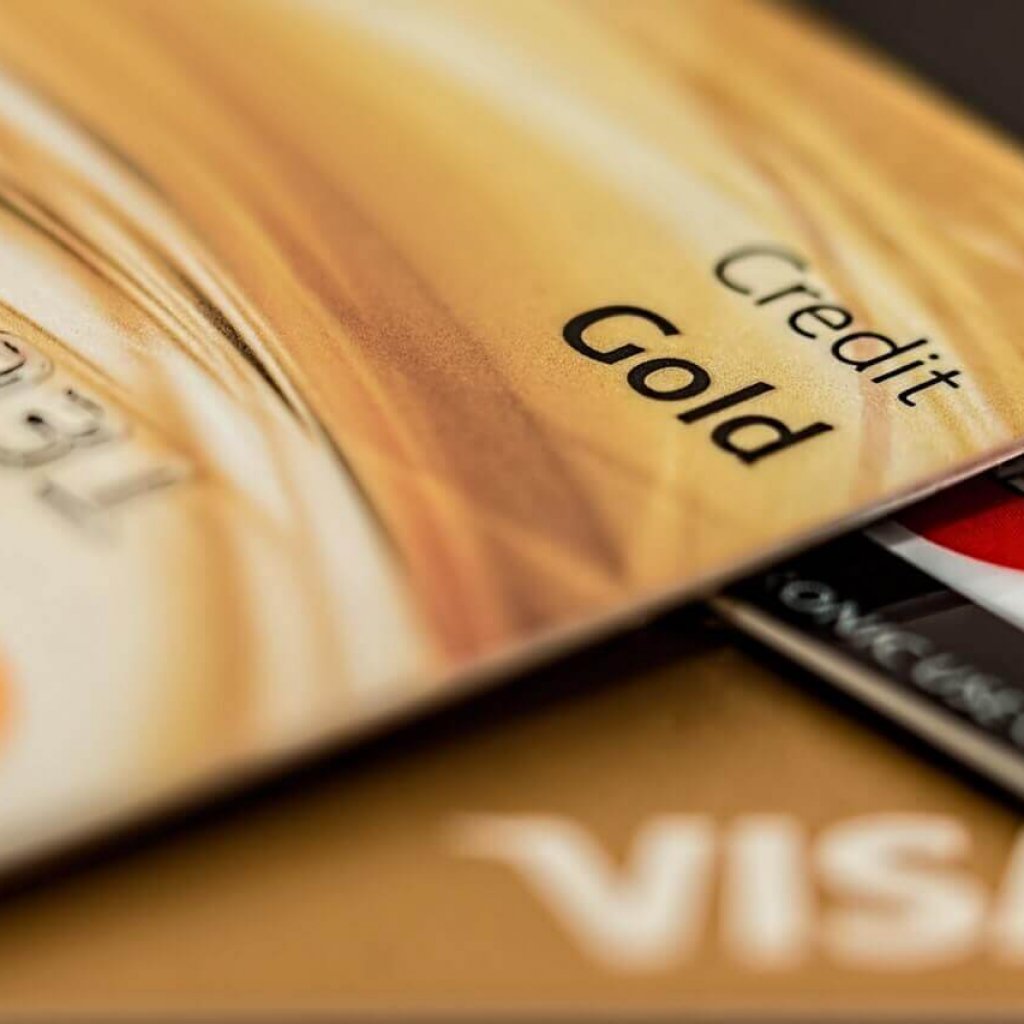
What is a Credit Score and How Does it Affect My Personal Loans?
What is a credit score?
A credit score is a number that shows how creditworthy an applicant is and how likely they are to repay their debts. The scores range between 0 and 1000 with a higher number showing that an individual is a safer borrower with a higher chance of repayment on a loan.
What’s the difference between a credit report and a credit score?
A credit score is a simple number between 0 and 1000 that makes up part of a wider credit report. A credit report goes into greater detail as to a person’s creditworthiness, providing historical information for businesses to interpret. A credit score acts as a summary of all of that information.
How are credit scores calculated in NZ?
Credit scores use a range of different sources of information from a variety of providers. Each provider of credit reports will allocate different weightings to different factors and credit scores will vary from one provider to another:
The following factors are commonly used to calculate a credit score in New Zealand:
- Age of file: How long has the person had a credit footprint?
- Identification verification: Has the identification source (drivers licence, passport) been previously verified
- Existing credit: What credit has previously been extended to the applicant?
- Credit defaults: Does the applicant have a history of late payments or defaults?
- Judgements: Has the applicant had any previous credit activity that has required legal action?
- Insolvencies: Has the applicant been declared bankrupt or undertaken ‘No Asset Procedure‘?
- File activity: How many credit report enquiries has the applicant had? Are they regularly seeking credit?
- Property ownership: Does the applicant own any real estate?
- Number of aliases: Has the applicant used other names in the past?
- Consistency of address: Does the applicant move around a lot?
- Company affiliations: Is the applicant listed as a director or shareholder of any companies on the New Zealand Companies Register.

How do you improve your credit score?
The factors below are generally believed to contribute to your overall credit score in both positive and negative ways.
Age of file:
Older file = positive impact
Younger file = negative impact
Identification verification:
Verified ID = positive impact
Non-verified ID = negative impact
Existing credit:
Small amount of existing credit = positive impact
Large amount of existing credit = negative impact
Note: Having no existing credit, particularly if there’s no history of previous credit is not necessarily a positive as the people interpreting credit reports want to see that an applicant has a proven track record of making payments and adhering to a credit contract.
Credit defaults:
No Defaults: positive impact
Defaults: negative impact
Judgements:
No judgements: positive impact
Judgements: negative impact
Insolvencies:
No insolvencies: positive impact
Insolvencies: negative impact
File activity:
Less enquiries = positive impact
More enquiries (particularly recently) = negative impact
Note: As of October 1st 2020 New Zealand law requires that credit reporters allow customers to seek a “Quotation Enquiry” which is an enquiry of an applicant’s credit report that will not adversely affect their credit score.
Property ownership:
Owns property = positive impact
Does not own property = negative impact
Number of aliases:
One alias = positive impact
Multiple aliases = negative impact
Consistency of address:
Consistent address = positive impact
Inconsistent address = negative impact
Company affiliations:
Affiliations with solvent companies = positive impact
Affiliations with insolvent companies = negative impact
How can I check my credit score?
You can access your personal credit score for free without it negatively impacting your score. Each of the New Zealand credit score providers are legally required to provide you with your personal credit score and assist you in addressing any information that is incorrect.
You can find more information on checking your credit score and access a personal credit report on the NZ government website.
What credit score do I need to get a loan?
You can get a loan with a variety of credit scores but if you have a lower credit score you will likely be declined from traditional banks. The key terms of a loan are:
Interest rate
If you have a low credit score you will be viewed as a riskier borrower and more likely to default. Therefore lenders will only be interested in extending credit to you if they can receive a higher interest rate, to justify that higher risk of default. Conversely, an individual with a higher credit score will likely be eligible for a loan from providers with lower interest rates.
Security required
Some loans require that you provide security in order to receive the loan. Security is an asset that the lender will have a legal claim to if you default on payments. You will need to provide details of an asset in order to get a “secured loan” and the loan contract will outline that the lender has a legal claim to that asset if you cannot repay the loan. The most common form of security in New Zealand is a car but boats, caravans, real estate and other assets are also commonly used. If you have a lower credit score, lenders may not be interested in lending to you without you providing security, as that security offsets your higher risk of default.
Amount you can borrow
Generally speaking, the higher your credit score the more you can borrow. This will also depend on the nature of the loan provider and whether or not you provide security.
Who provides credit scores and credit reports in New Zealand?
The three main providers of credit reports in New Zealand are:
What does a credit report look like?
You can view an example credit report here.
Where does the information for credit scores come from?
The companies that use credit reports also feed information back to the report providers to make those reports more relevant.
These include:
- Banks
- Finance companies
- Rental agencies and real estate agencies
- Hire purchase providers
- Utilities companies
- Companies that have extended credit or bill periodically (e.g. Sky TV)
For example, if you default on a credit card from your bank, they will pass that information to the credit bureaus they use and this will show on future credit reports, negatively affecting your credit score.

How long does information stay on a credit report?
Enquiry data remains on a credit report for four years in New Zealand and defaults remain on a credit report for five years in New Zealand.
If you have checked your personal credit report and see incorrect information, you should contact the provider to have it corrected.
What are the benefits of a good credit score?
Having a good credit score will give you greater access to finance or goods and services that are billed periodically.
For example, an individual with a good credit score is far more likely to be able to lease an apartment than an individual with a low credit score. The same is true for getting a loan, hire purchase goods, utilities (electricity, internet, phone), insurance and other services that require the provider to assess an individual’s ability to make payments.
What should I do if I have a bad credit score?
The first thing you should do is access a copy of your personal credit report and identify the factors on that report that are hurting your credit score.
If you have outstanding defaults, paying these off or arranging a payment plan will help to improve your credit score. For most companies, debt is only listed as a default once a period has passed with no effort being made to make payment (eg. 120 days). Therefore, contacting a company about an overdue debt and arranging a payment plan can help to reclassify a debt from a default (on your credit report) to in arrears (not on the credit report).
Can I get a loan with a bad credit score?
A bad credit score does not necessarily mean you cannot get a loan. It simply mean that lenders will view you as higher risk and will require higher interest rates to justify this risk. They will also most likely require some form of security (such as a vehicle). Security acts to mitigate the risk from a lenders perspective so that if an applicant can’t repay their loan, they can legally recoup that outstanding amount by taking ownership of that security.
The amount a lender is willing to lend is strongly related to the value of that security. If an applicant’s car is worth $2,000, and they have a poor credit score, it is unlikely that the lender would be willing to approve a loan over $2,000.
This is where the term LVR is relevant. “Loan to Value Ratio” is a percentage showing the value of the loan compared to the value of the security. If an applicant is trying to borrow $3,000 and providing a car that is valued at $5,000, that will result in an LVR of 60%.
Most finance companies that deal in secured lending will disclose the LVR’s that they require. They may also internally make adjustments so that an individual with a good credit score can get approval with a lower LVR and riskier customers with poorer credit scores will require higher LVRs.
Do joint loan applications check both credit scores?
Typically yes, if there are multiple people listed on a load application (as either joint applicants or guarantors) then each individual’s credit report will be requested and their credit score will form part of the lending decision.
In that sense, if you have a low credit score and want to improve your chances of getting a loan, having a joint applicant who has a good credit score will help your chances. It is not unusual for loans to be approved to joint applicants (partners, parents and children).
If you need any other information about credit scores or want to have a chat about your personal situation just give QuickCash a call on 0800 784 252.
Disclaimer: This article is intended to provide general information only. It does not take into account your financial needs or personal circumstances. It is not intended to be viewed as investment or financial advice. Should you require financial advice you should always speak to an Authorised Financial Adviser.